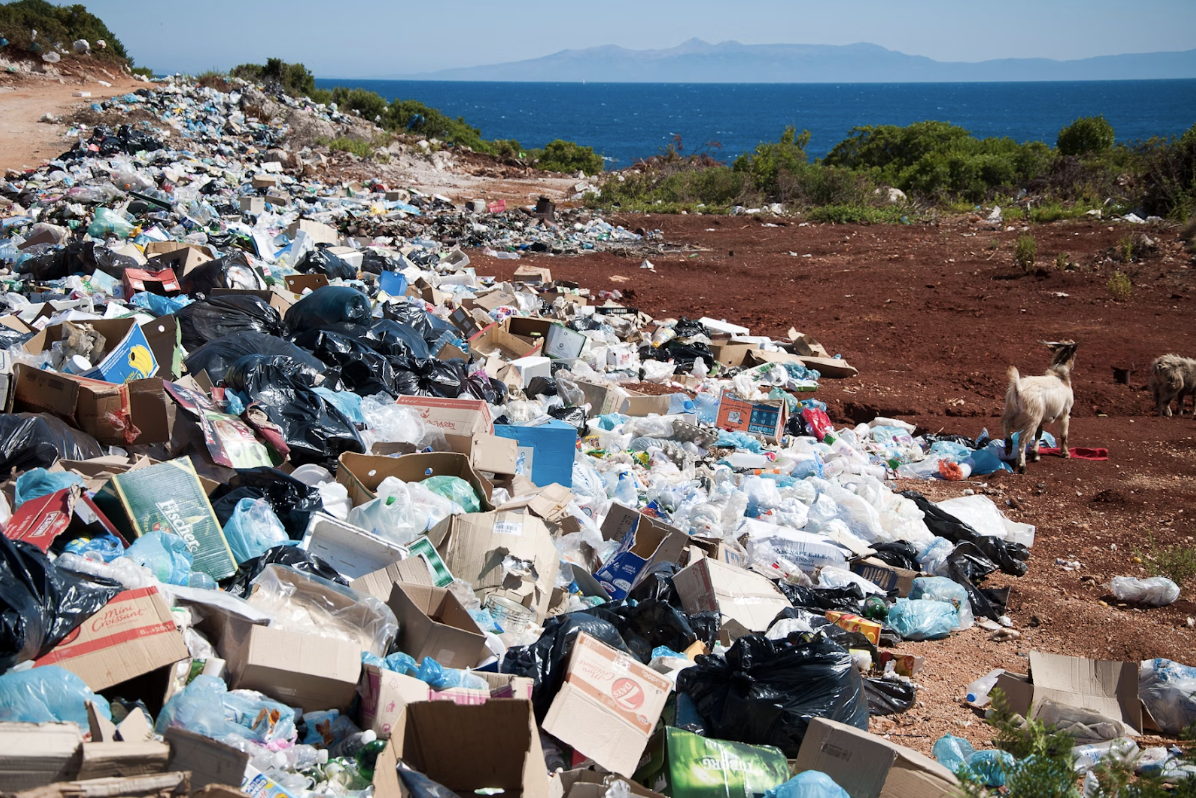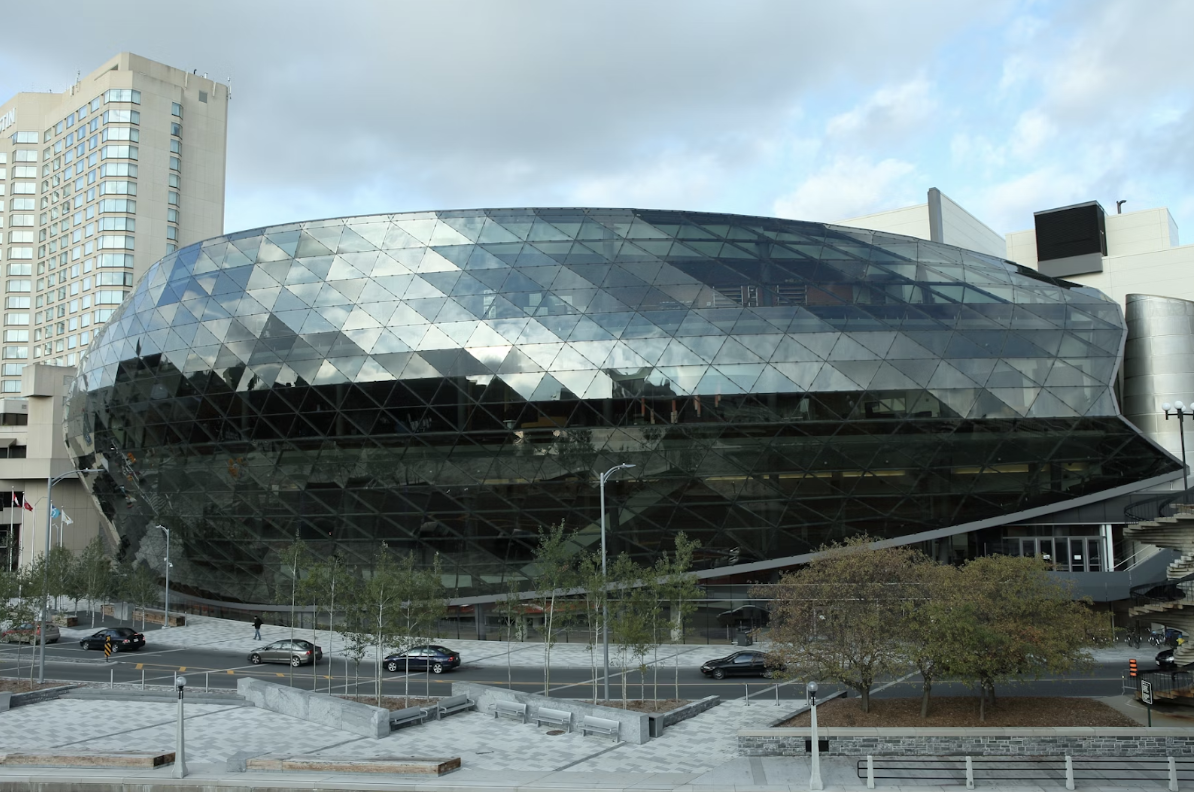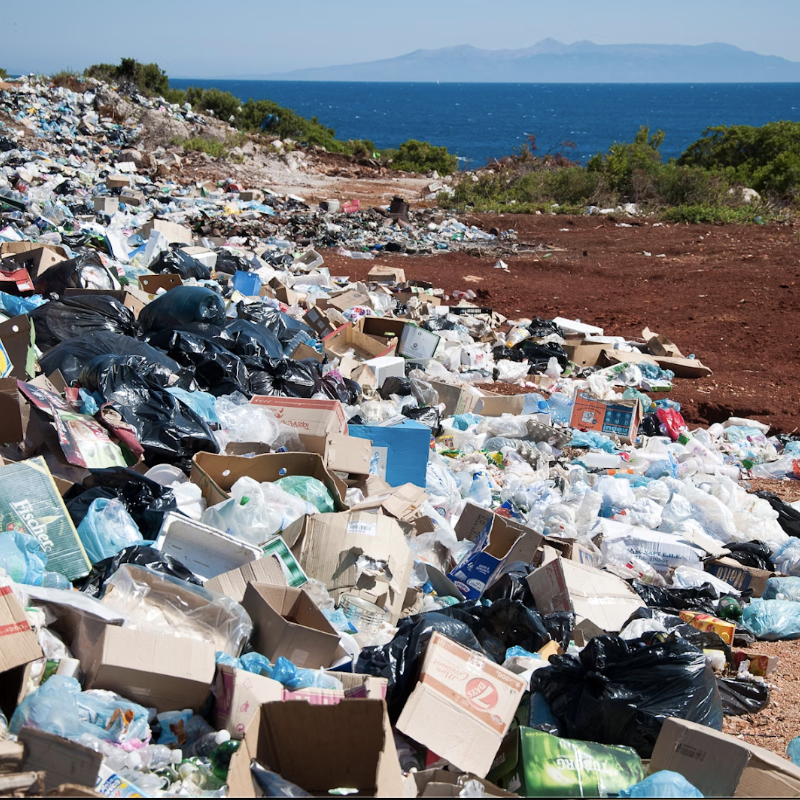Vuk Cvetanovic Lalovic • Apr 25, 2024

(Antoine Giret, UNSPLASH).
The fourth session of the Intergovernmental Negotiating Committee (INC) will be held from Apr. 23 to 29 at Ottawa’s Shaw Centre. This Committee aims to develop an internationally legally binding treaty on plastic pollution, most notably in maritime environments,
The week-long summit is the penultimate session regarding a resolution that was proposed in 2022. It thus aims to advance negotiations to enable the treaty’s finalization in November 2024, according to the United Nations environment programme press release.
Estimates indicate that global plastic pollution could triple by 2040, from 9-14 million tons per year to 23-37 million tons annually. Research conducted by the UN environment program has shown that half of plastic residue originates from the packaging industry, followed by areas such as textiles, consumer products, or transportation.
In addition, a staggering 40 per cent of plastic packaging waste ends up in engineered landfills, with an additional 32 per cent lost to the environment. With such dire statistics, the assembled delegates have worked arduously to ensure the completion of the treaty by the end of 2024.

The Shaw Centre downtown Ottawa (Asif Ali/UNSPLASH).
This plan seeks to cut back on plastic and its derivatives in an equitable and pragmatic manner, a delicate balancing act that has required a spirit of cooperation and compromise among the delegates.
“We are seeing convergence on eliminating the uses that are problematic and avoidable. We will continue to need plastic for specific uses, such as renewable energy technologies. But there is growing agreement that short-lived and single use can go,” says Inger Andersen, executive director of the United Nations environment programme.
Indeed, a desire to ensure the proper use of the session’s week in Ottawa has galvanized many of the participants towards a text that is as close as possible to final. The session’s advance document prioritizes the optimization of the document’s finalization, and mandates any inter sessional work that may be necessary for the final draft’s completion.
Jyoti Mathur-Fillip, executive secretary of the INC, stated in a UN press release preceding the event, “Seize this opportunity, make these seven days count, deliver a text that is as close as possible to the final agreement that we all want to see.”
A spirit of multilateralism pervades the event, with the INC process being acclaimed as a critical new approach to contemporary challenges. Luis Vayas Valdivieso, chair of the INC, has stated that all member nations must “negotiate with accountability and integrity – grounded in the scientific evidence and facts on the scale and urgency of ending plastic pollution.”
Three thematic side events were held alongside the main session on Wednesday and Thursday, which were accessible through the session’s website. These included lectures on plastic pollution in marine environments, approaches to capacity build and financing mechanisms in a largely post-plastic world, and methods to enable a just and global transition away from mass plastic use.
These events featured over 180 participating delegates, including a variety of prominent experts in the field of marine life and environmental pollution.
In addition, a number of webinars will be available for observers wishing to participate in the ongoing discussions, which will be held on Apr. 27 and 28.
Prospects are optimistic regarding the final session, held in Busan, South Korea. However, even in triumph, a dire sense of urgency pervades the session. As told by Director Andersen, “Time is against us – both in terms of finalizing the instrument and how much more the planet can take.”
Events can be accessed through the UN environment programme’s events page.

